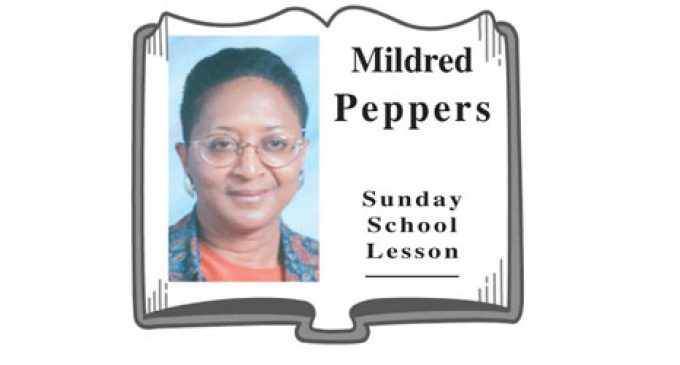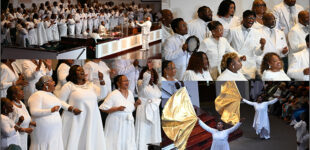Fasting and Praying

Devotional Reading: II Chronicles 7: 12-18
Lesson Scripture: Ezra 8:21-23
Lesson Aims: To appreciate Ezra’s charge from the king and his commitment to get the job done; to understand the significance of fasting and praying; and to fast and pray when facing important issues in our lives.
Background: The second wave of returnees left Babylon 58 years (458 BC) after the Temple was completed. Artaxerxes II (465-425 BC) was the Persian king who sent Ezra and any other Jews who wanted to go back to Jerusalem. Ezra was a priest/teacher who traced his ancestry back to Aaron (16 generations). See 7:1-5. Well versed in the Law of Moses, he held a “position of influence in the Persian Court” (Richards’ Complete Bible Handbook). Richards’ also stated that Ezra initiated the Bible study movement for the captives.
According to the king’s letter (7:25), the priest was to appoint magistrates and judges to administer justice to all people of the Trans-Euphrates region (western Persia). The letter further gave an extensive list of the offerings, from the royal treasury that was to be taken to Jerusalem. The New Jerome Biblical Commentary valued the offering at more than $10 million. Some commentaries go as high as $40 million. How much isn’t the focus. Ezra had the judicial and religious authority to establish the Mosaic Law as the “law of the land.” Chapter 8 opened with a count of all of the people who chose to return with him. The NIV Standard Lesson Commentary counted 5,000 – 6,000 people, including 1800 men, 40 Levites, and 220 Temple servants (a body established by David to assist the Levites – verse 20).
Lesson: Ezra is facing a tremendous task. The priest/teacher has the “hand of God upon him” (7:6). Having declared his faith in God’s protection, he is ashamed to ask for a military escort even though there is great wealth involved. Shame here implies “holy shame” in that he stated that God protects; therefore an escort is not necessary. When they arrive at Ahava (uh HAY vuh), an unknown place, river, and canal, Ezra realizes that there are no Levites in the group. He sends an entourage (11 men) to Iddo, the leader of a place called Casiphia (kuh SIF ih uh), also was known to recruit some Levites. This is where the 40 Levites and 220 Temple servants join the caravan. The priest has the responsibility to get the people and all of the possessions safely to Jerusalem. They are prime targets for bandits! He proclaims a fast to humble them and pray for God’s protection.
The Oxford Companion to the Bible says that fasting is a pious or sacred act that is a potent aid to prayer. Fasting is humbling in that it symbolizes one’s dependence on God and not on physical strength. It also indicates submission to His Will. Fasting can be done by an individual, a group or a nation. Prayer is conversing with God. By fasting and praying, the people show their faith and trust in God alone. God hears them and protects them on their four month journey back to Jerusalem (7:8-9).
Application: Fasting and praying, when done sincerely, keeps one focused and empowered. Jesus did both quite often! There is a spiritual connection between you and God that words simply can’t describe. Giving up food isn’t the only way to fast.
The aim is to block out the world and draw closer to God. In preparing for what’s ahead in our lives, fasting and praying will strengthen us and give God the glory! Can you remember when we prayed before a trip? As believers, we should fast and pray whenever we are faced with major issues in life.















